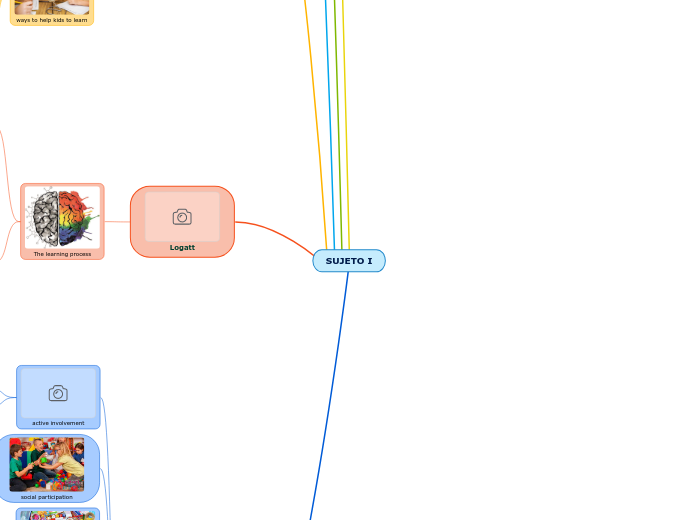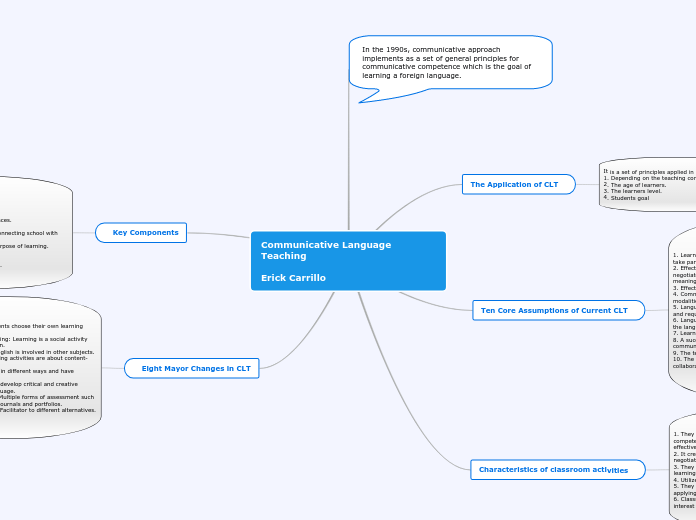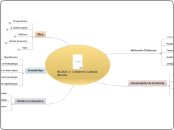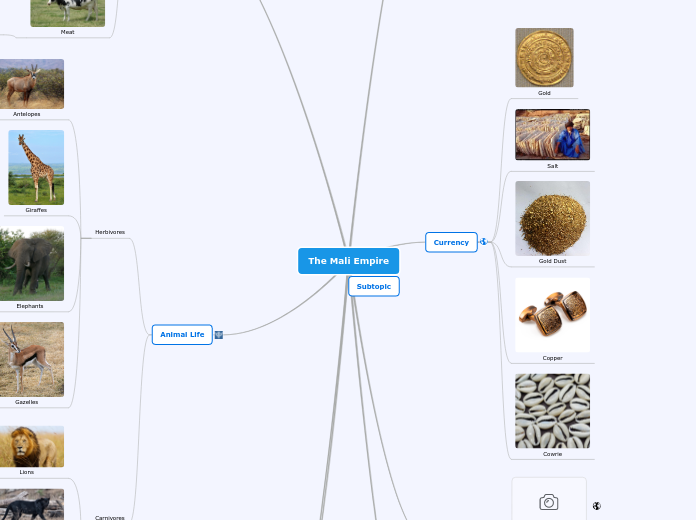SUJETO I
How children learn
creating motivated learners
effort: success
developmental and individual differences
create an environment according each particular case
practice
to be expert
learn through real life situations
meaningful learning
new knowledge can be transferred to real life situations
understanding rather memorization
critical thinking
explanation
understanding
the nwe knoledge can be applied to other situations
restructuring prior knowledge
it is necessary to get involved in the new task
engaging in self-regulation and being reflective
learners monitor their learning
Being strategic
strategies improve learning
relating new information to prior knowledge
use of the prior knowledge to understand new information
meaningful activities
activities related to real life
authentic context
social participation
cooperative work
children learn by internalizing habits, activities, ideas of the members of their communities
active involvement
allow students to explore
challenging environments
Logatt
The learning process
The factors
facilitate
a sense of what we learn
a fraternal atmosphere
an enriched environment
a positive emotional state
limitate
the context selected
enriched / empoverished
the historical time we are going through
other people's life experiences
personal life experiences
the biology of each brain
the brain's biology of each species
any change in behaviour that can be generated fgrom knowledge, practise or life experience
Explicit
Entirely voluntary
Requires selective attention
cognitive-executive learning
search of knowledge
conscious
unconscious
Implicit
Authomatic / easy to acquire
executive-emotional learning
Teaching young learners to think
ways to help kids to learn
develop a sense of belonging
encourage cooperative learning
evaluate their progress
how to set goals
to teach kids to control their behaviour
a sense of I can
keep kids motivated and willing
make sure kids understand what is requiered
show a clear intention
convey a purpose in each activity
the teachers'role
to help
kids to develop thinking habits
responding to challenges
of problem solving
to plan
appealing lessons
strategies to challenge kids
to enourage
using li2
participation
to motivate
cheering up when kids make mistakes
provoke a feeling of "I can" on kids
Montessori
teachers' role
observer
controller
facilitator
environment
favourable and structured
provide kids with choices and freedom to become individual and creative
kids develop
responsible for their own learning
decision makers
self-indipendence
self-confidence
self-respect
self-control
stages of child's development
adulthood
eighteen to twenty-four
abstract thinking
twelve to eighteen
a concious mind
six to twelve
an absorbent mind
birth to six
Brunner
the teacher's role
to assist children to develop deeper understanding and encourage them to reflect and revisit previous knowledge
Scafolding
The teacher should know when to help, how to motivate and know the individual needs of each child
Three modes to develop experiences into learning
Symbolic: where children can understand abstraction, language and reason
Iconic: happens when children can comprehend images, pictures and number
Enactive:relates to where children do things for themselves through action and play
spiral curriculum
knowledge is refreshable and needs revisiting
From cognitive to construct to culturalism
Vygotsky
the importance of play
ZPD
Scaffolding
culture/environment
to understand the world
shape cognitive development
'tools' of language, numbers and symbols
should be introduced at school
social in nature
historical process
social constructivism
animals are different from humans









